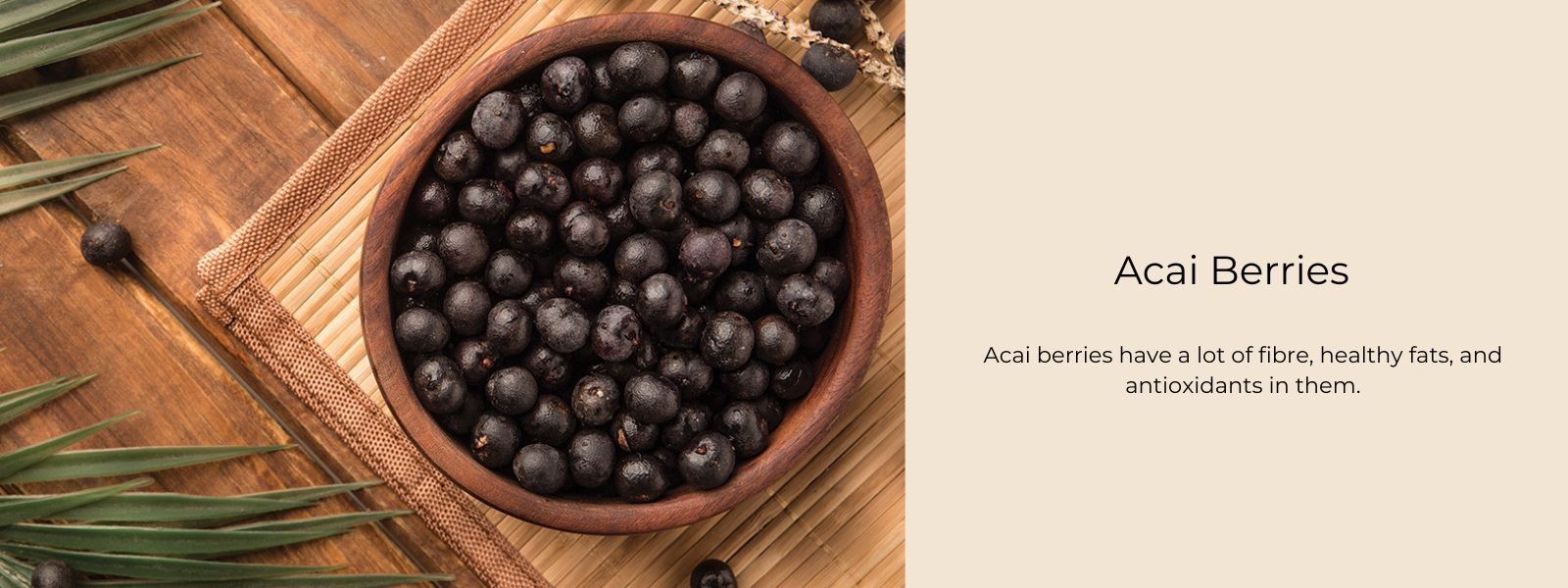Turmeric has been a staple in traditional medicine for centuries, particularly in Indian Ayurvedic practices. The golden-yellow spice, commonly used in curries and as a flavoring agent, is rich in a compound called Curcumin, which is the primary active component responsible for its health benefits. In recent years, curcumin has gained attention for its powerful effects on brain health, including boosting memory, reducing inflammation, and protecting against neurodegenerative diseases.
Let’s explore in detail how turmeric and curcumin can improve brain health and overall cognitive function.
Table of Contents
- 1. Reduces Brain Inflammation and Oxidative Stress
- 2. Boosts Brain-Derived Neurotrophic Factor (BDNF)
- 3. Enhances Cognitive Function and Memory
- 4. Potential to Prevent or Slow Down Alzheimer's Disease
- 5. Improves Mood and Reduces Symptoms of Depression
- 6. Enhances Blood Flow and Oxygenation to the Brain
- 7. How to Incorporate Turmeric and Curcumin in Your Daily Diet
- 8. Conclusion
Reduces Brain Inflammation and Oxidative Stress
Chronic inflammation and oxidative stress are two key factors that contribute to brain aging and the development of neurodegenerative diseases such as Alzheimer’s and Parkinson’s. Curcumin is a potent anti-inflammatory and antioxidant, meaning it helps reduce inflammation and neutralize free radicals that damage brain cells.
Mechanism:
- Curcumin inhibits inflammatory cytokines and enzymes like COX-2, which are responsible for inflammation in the brain.
- It enhances the body’s antioxidant defense system by increasing the activity of enzymes such as superoxide dismutase (SOD) and glutathione peroxidase, which help protect brain cells from oxidative stress.
Benefits:
- Neuroprotection: Curcumin helps prevent brain cells from being damaged by inflammation and free radicals.
- Slows cognitive decline: By reducing inflammation and oxidative stress, curcumin may slow down age-related cognitive decline and lower the risk of diseases like Alzheimer’s.
Boosts Brain-Derived Neurotrophic Factor (BDNF)
Brain-Derived Neurotrophic Factor (BDNF) is a type of growth hormone that plays a key role in neurogenesis, the formation of new neurons in the brain. It is essential for learning, memory, and overall cognitive function. Low levels of BDNF are linked to depression, Alzheimer’s disease, and cognitive impairment.
Mechanism:
- Curcumin has been shown to increase BDNF levels in the brain, promoting neurogenesis and improving cognitive function.
- Higher BDNF levels help support the survival of neurons and enhance synaptic plasticity, which is critical for learning and memory.
Benefits:
- Enhanced memory and learning: By increasing BDNF, curcumin may help improve memory retention and cognitive abilities.
- Fights depression: Curcumin’s ability to boost BDNF may also explain its antidepressant effects, as low BDNF is linked to major depressive disorders.
Enhances Cognitive Function and Memory
Curcumin’s role in enhancing memory and overall cognitive function is supported by its impact on various brain pathways. Research suggests that it can improve both short-term and long-term memory in individuals with cognitive impairments.
Mechanism:
- Curcumin interacts with neurotransmitters such as serotonin and dopamine, which are crucial for mood regulation and cognitive processes.
- By increasing blood flow to the brain, curcumin helps improve oxygen and nutrient delivery, thus enhancing mental clarity and focus.
Benefits:
- Improved attention and focus: Curcumin’s positive effects on neurotransmitters and blood flow to the brain can improve attention span and mental clarity.
- Memory enhancement: Regular consumption of curcumin may improve memory recall, especially in people experiencing cognitive decline.
Potential to Prevent or Slow Down Alzheimer's Disease
Alzheimer’s disease is characterized by the build-up of amyloid plaques and tau tangles in the brain, which cause the death of neurons and lead to memory loss, confusion, and cognitive impairment. Curcumin has shown promise in preventing or slowing the progression of Alzheimer’s due to its anti-inflammatory, antioxidant, and plaque-clearing properties.
Mechanism:
- Inhibits amyloid plaque formation: Curcumin can cross the blood-brain barrier and has been shown to help clear amyloid plaques, a hallmark of Alzheimer’s disease.
- Reduces tau protein build-up: Tau proteins form tangles in the brain that disrupt cell function in Alzheimer’s. Curcumin helps prevent the build-up of these tangles.
- Reduces brain inflammation: Since inflammation is a key driver of Alzheimer’s progression, curcumin’s ability to reduce inflammation may slow down the onset of symptoms.
Benefits:
- May prevent Alzheimer’s disease: While more human studies are needed, preliminary research shows that curcumin could lower the risk of Alzheimer’s by targeting amyloid plaques and reducing inflammation.
- Slows disease progression: In people already suffering from Alzheimer’s, curcumin may help slow the progression of the disease and reduce its severity.
Improves Mood and Reduces Symptoms of Depression
Curcumin has also been studied for its potential to alleviate symptoms of depression, primarily by increasing the levels of neurotransmitters that regulate mood and emotions.
Mechanism:
- Curcumin boosts the production of serotonin and dopamine, two neurotransmitters that play a critical role in mood regulation.
- It reduces inflammation in the brain, which is often linked to depression and mood disorders.
Benefits:
- Antidepressant properties: Studies have shown that curcumin is as effective as some pharmaceutical antidepressants in reducing symptoms of depression.
- Mood enhancement: By regulating serotonin and dopamine, curcumin can improve overall mood, mental well-being, and reduce anxiety.
Enhances Blood Flow and Oxygenation to the Brain
Optimal brain function relies heavily on adequate blood flow and oxygenation. When brain cells don’t receive enough oxygen, cognitive performance declines, leading to memory issues and brain fog. Curcumin supports healthy blood flow and improves the supply of oxygen and nutrients to brain cells.
Mechanism:
- Curcumin helps relax blood vessels and improves the function of the endothelium, the thin layer of cells that line the blood vessels.
- It enhances nitric oxide production, which dilates blood vessels, allowing more oxygen-rich blood to reach the brain.
Benefits:
- Better mental clarity: Enhanced blood flow means that your brain gets more oxygen, which improves mental clarity and focus.
- Reduces brain fog: People who experience brain fog due to poor circulation may find that curcumin improves mental sharpness and alertness.
How to Incorporate Turmeric and Curcumin in Your Daily Diet
There are various easy ways to add turmeric and curcumin into your daily meals and reap their brain-boosting benefits.
- Golden Milk: A popular drink made by mixing turmeric, black pepper (which enhances curcumin absorption), and milk (or a milk substitute). Add honey for sweetness.
- Curries: Turmeric is a key ingredient in many Indian dishes and can be easily added to curries, stews, and soups.
- Turmeric Smoothies: Add a teaspoon of turmeric to your morning smoothie for a golden boost.
- Turmeric Tea: Brew a cup of turmeric tea by steeping fresh turmeric root or turmeric powder in hot water. Add lemon and honey for flavor.
- Supplements: If you prefer not to consume turmeric in your meals, curcumin supplements are available. Choose a supplement with piperine (black pepper extract) for better absorption.
Conclusion
Turmeric and its active compound curcumin offer remarkable brain health benefits due to their potent anti-inflammatory, antioxidant, and neuroprotective properties. From reducing inflammation and oxidative stress to boosting memory, mood, and preventing cognitive decline, incorporating turmeric into your diet can support long-term brain health. Whether used in cooking, as a tea, or in supplement form, turmeric and curcumin are powerful natural allies in protecting and enhancing cognitive function throughout life.
MORE FROM BLOG
Top Collections
A Guide to Different Types of Pressure Cookers: From Multi-Cookers to Canning Pressure Cookers
2 Items











Leave a comment